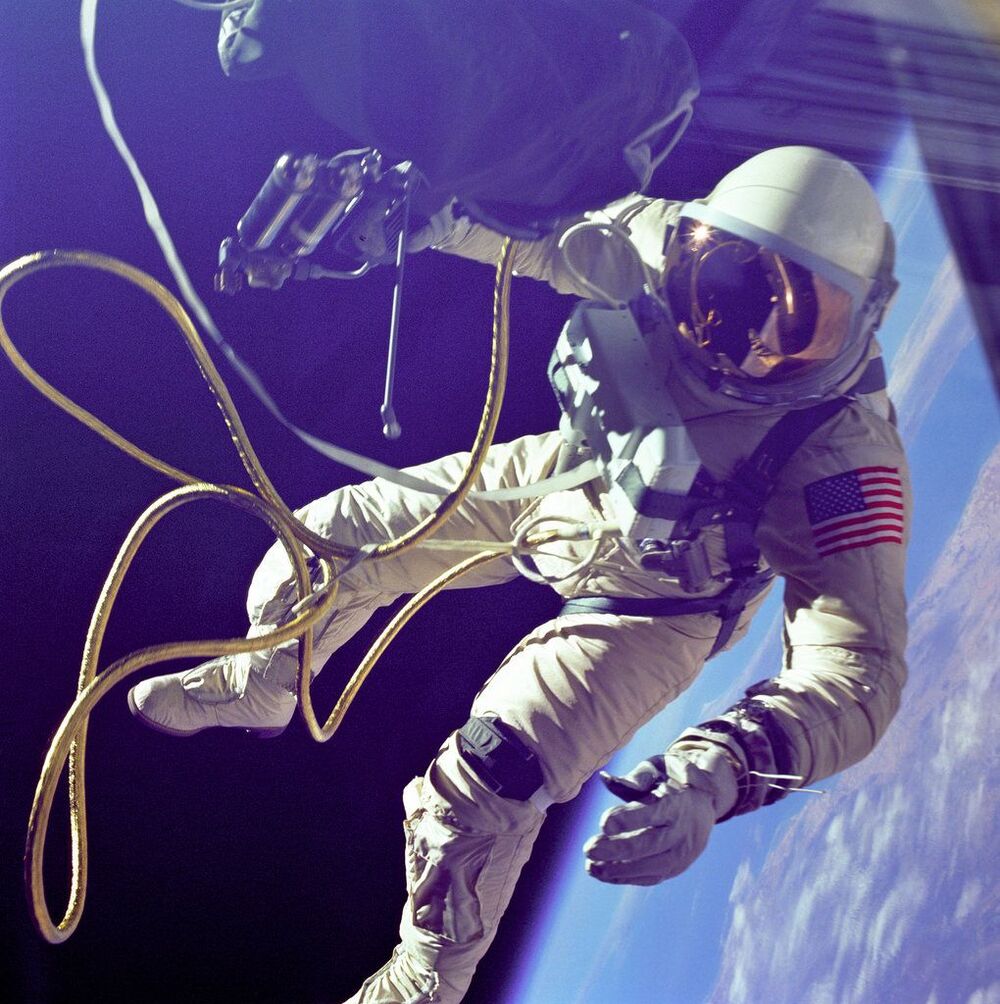Universe Today.
Space may be pretty, but it’s dangerous. Astronauts face a much higher dose of ionizing radiation than us Earth-bound folks, and a new report says that NASA’s current guidelines and risk assessment methods are in serious need of an update.
On the surface of the Earth, protected by our extensive magnetic field and layers of thick atmosphere, we experience about 2–3 milliSieverts (mSv) of radiation exposure every year. Even that background level is enough to trigger the occasional cancer growth.
But astronauts, especially those hoping to go on upcoming long-term missions to the Moon and Mars, face a much greater risk due to the high-energy, ionizing radiation constantly soaking every cubic centimeter of space. To mitigate that risk, NASA currently implements a system based on “risk of exposure-induced death” (REID). The space agency estimates the exposure for each astronaut based on their sex, and if the REID exceeds 3%, their spacefaring careers are over.
